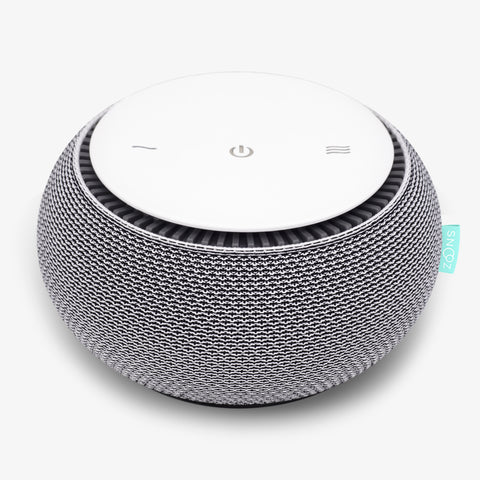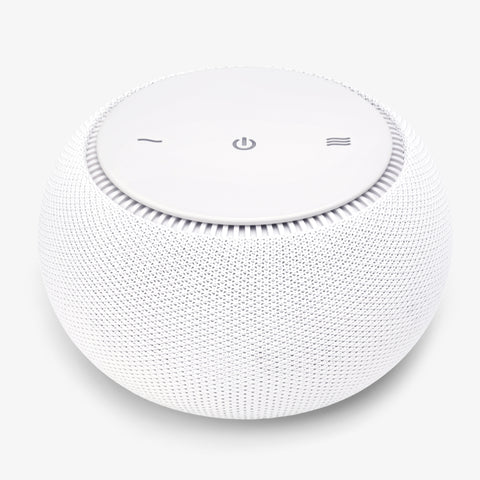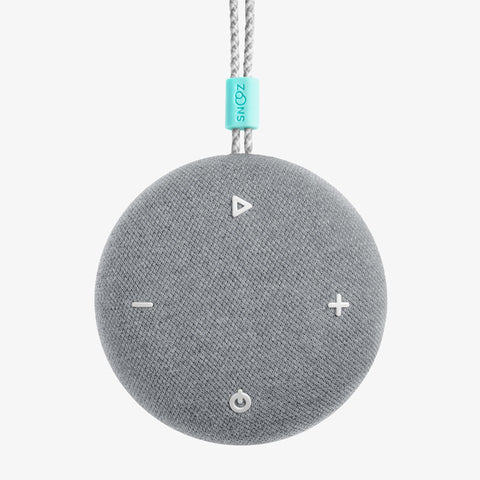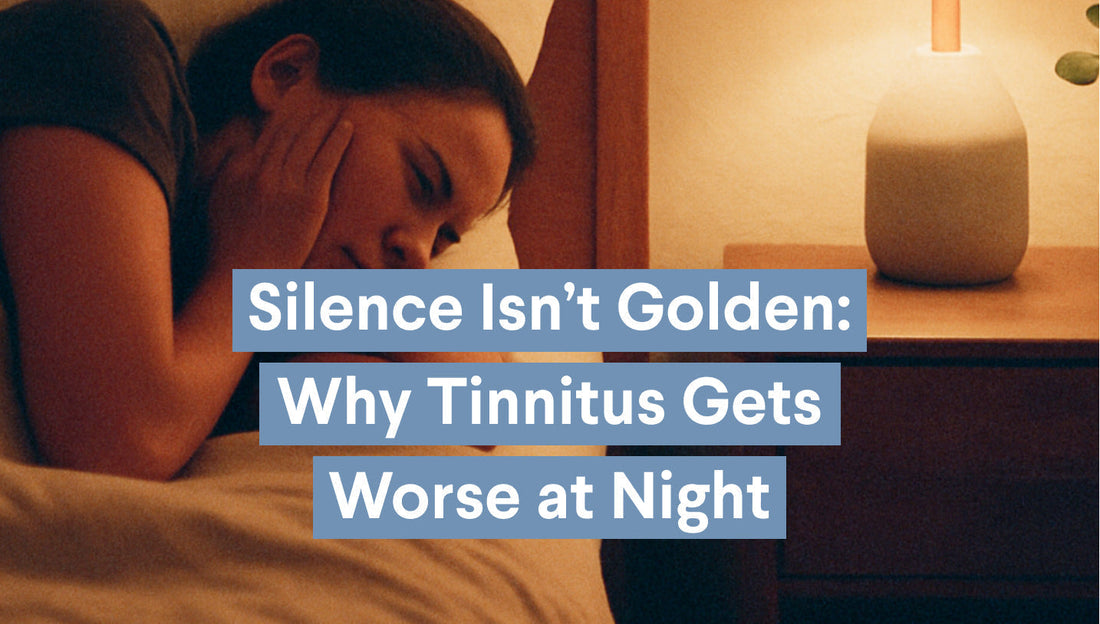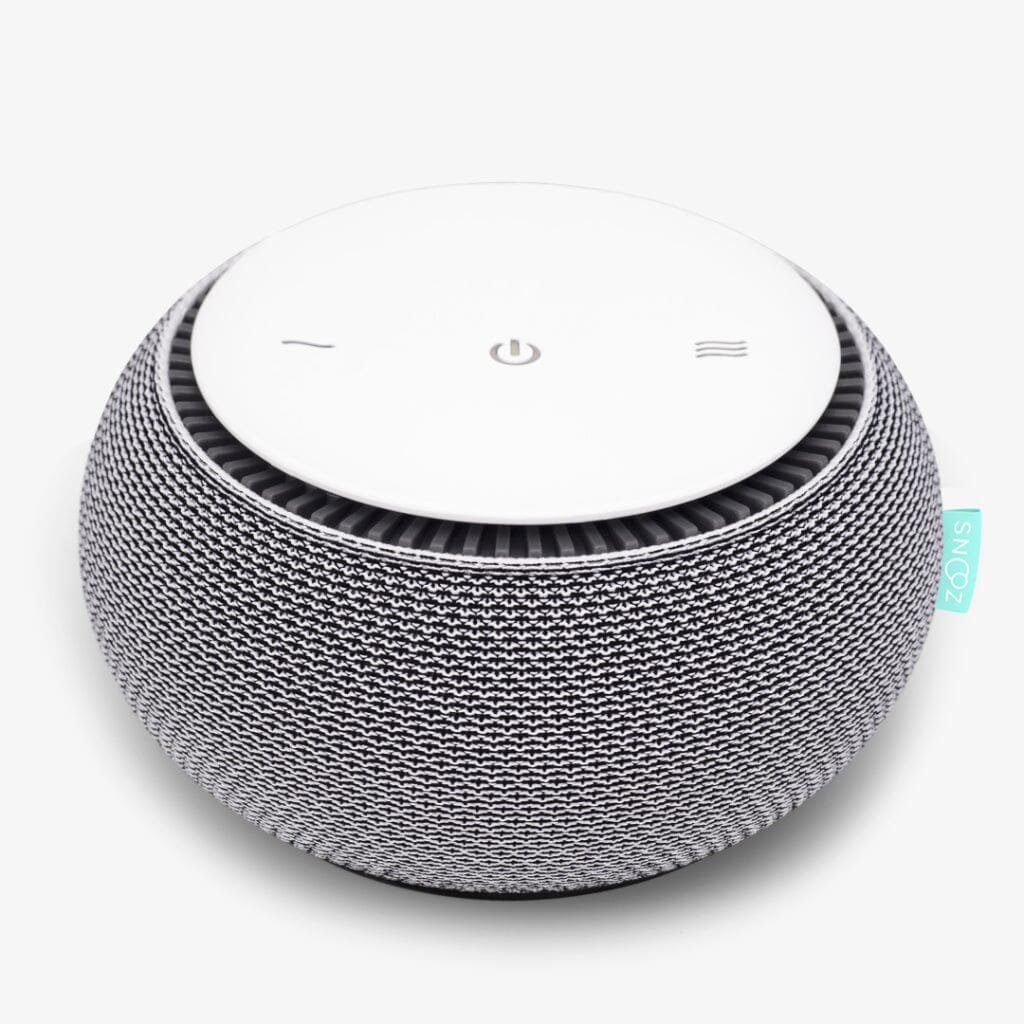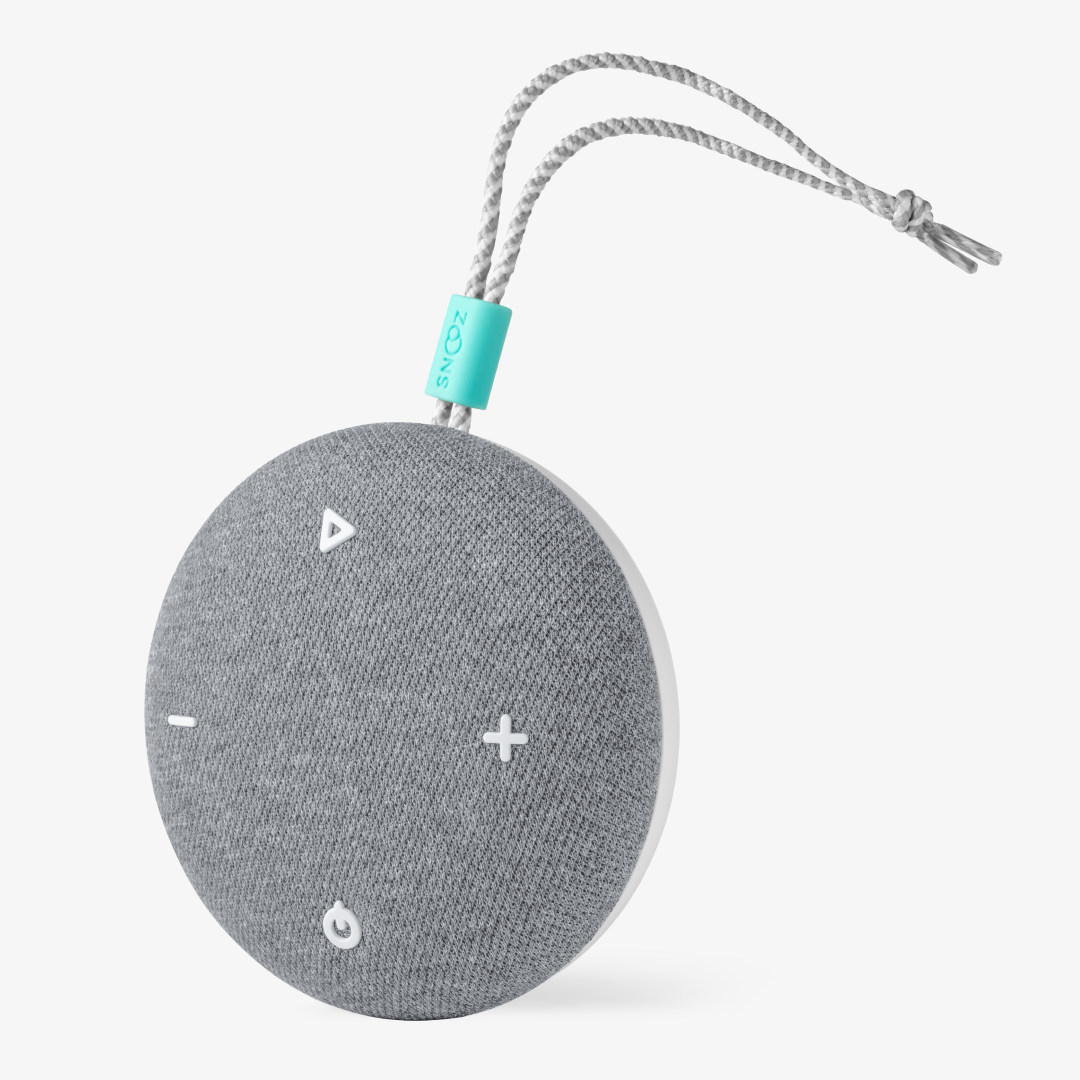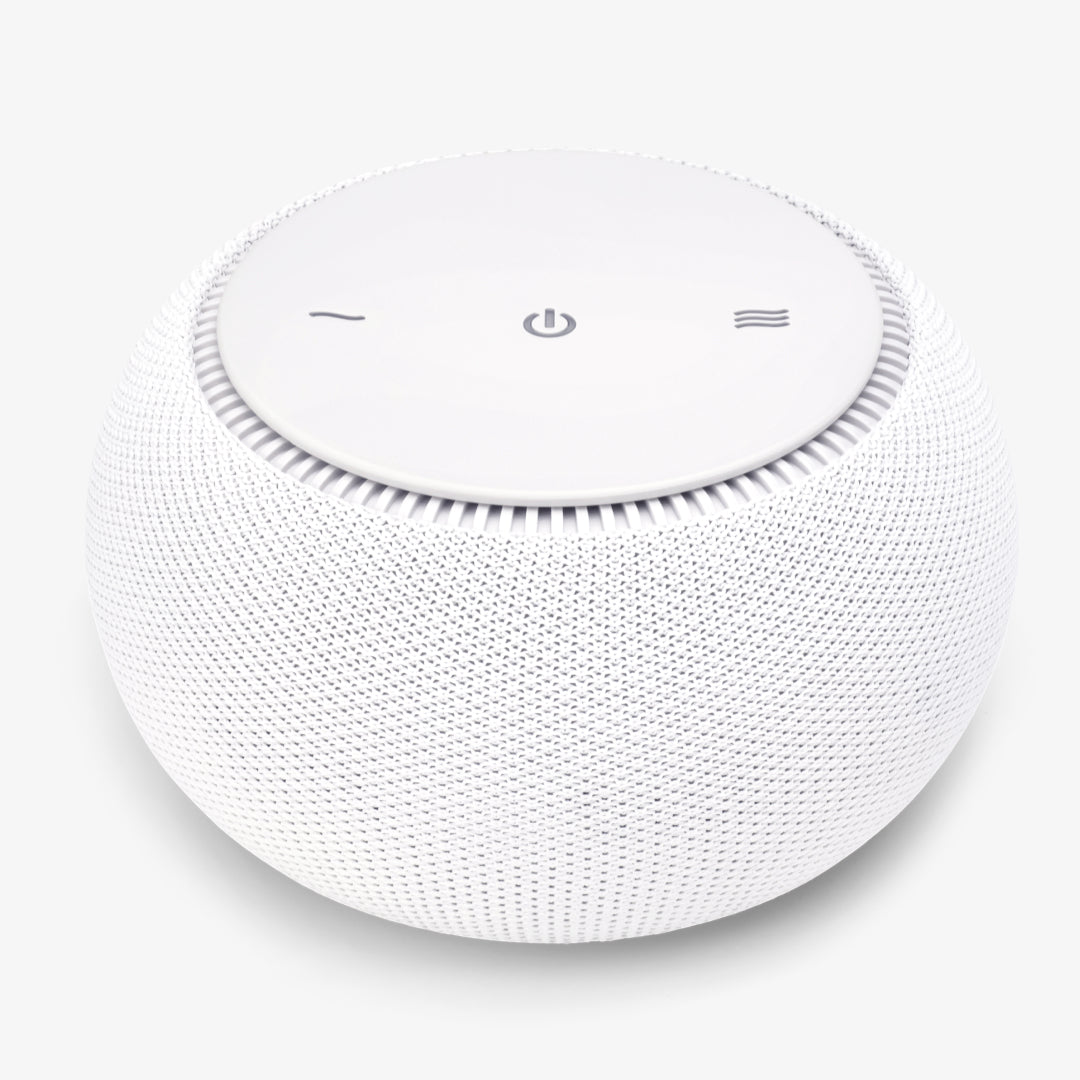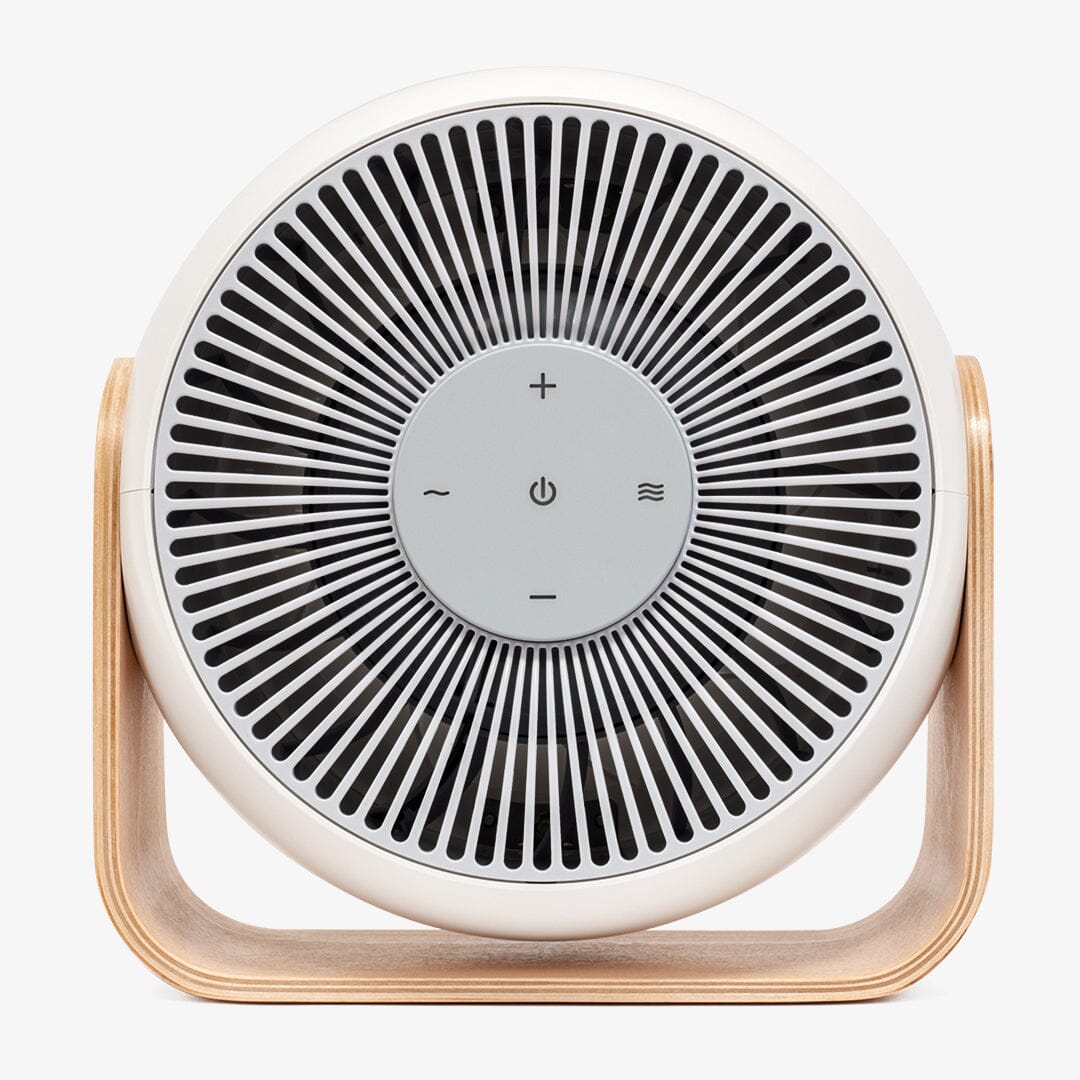For many people with tinnitus, nighttime can feel like the hardest part of the day. The world winds down, the TV is off, the streets go quiet — and suddenly, the ringing in your ears steps into the spotlight. It's no surprise that sleep is one of the biggest challenges tinnitus sufferers face. But here's something surprising: silence might actually be the problem.
In this post, we’ll explore why the brain amplifies tinnitus in silence, and how white noise can step in — not just to mask the sound, but to help your brain let it go.
Your Brain Hates a Void
Tinnitus isn’t just about your ears — it’s your brain trying to hear something that isn’t really there. When external sound disappears (like at night), your auditory system doesn’t just power down. Instead, it stays on high alert, scanning the silence for signals. And if there’s nothing to hear? It starts to fill in the gaps with internal noise: the ringing, buzzing, or hissing of tinnitus.
This is why many people say their tinnitus seems louder at night, even if it hasn’t physically changed.
White Noise: A Sound Signal Your Brain Can Trust
White noise machines work by introducing constant, non-distracting sound into your environment. It’s not loud. It doesn’t demand your attention. But it gives your brain something to process — something external, stable, and predictable. This has a few powerful effects:
✅ It masks the tinnitus, making it less noticeable.
✅ It calms the nervous system, which helps reduce the anxiety that often makes tinnitus worse.
✅ It helps your brain focus outward, not inward — breaking the loop of hyper-awareness.
It’s like turning on a fan to drown out a distant drip — only in this case, the “drip” is a phantom ringing your brain is creating.
Why Sleep Improves with Background Sound
When white noise is used consistently at night, it doesn’t just help you fall asleep — it can actually help you stay asleep longer. Here’s how:
🌙 Reduces awakenings: Tinnitus is a frequent cause of micro-awakenings. A constant sound layer helps block it out.
🌙 Creates a bedtime cue: The right sound becomes part of your sleep ritual, telling your brain it’s time to wind down.
🌙 Supports sound habituation: Over time, your brain can learn to ignore the tinnitus more easily if it’s not the dominant sound source.
Choosing the Right White Noise for Tinnitus
Not all sounds work for everyone, so experimentation is key. Some people prefer classic white noise, while others sleep better to pink noise, rainfall, or ocean sounds. The goal is to find something that blends into the background and gently redirects your focus.
Look for sound machines that:
- Offer customizable sound options
- Have auto-off or continuous play options
- Let you adjust volume to a comfortable level
(Tip: SNOOZ White Noise Machines were designed specifically with sleep in mind and are great for helping tinnitus — customizable with multiple tones and 10 volumes, simple to use, and made for quiet nights.)
Final Thought: Sound Isn’t a Crutch — It’s a Tool
Managing tinnitus isn’t about silencing it completely — it’s about changing your relationship with the sound. White noise isn’t a distraction; it’s a tool that helps your brain feel safe enough to stop clinging to the ringing. And once that happens? Sleep comes much easier.
Because when it comes to tinnitus and rest, silence isn’t golden — sound is healing.

